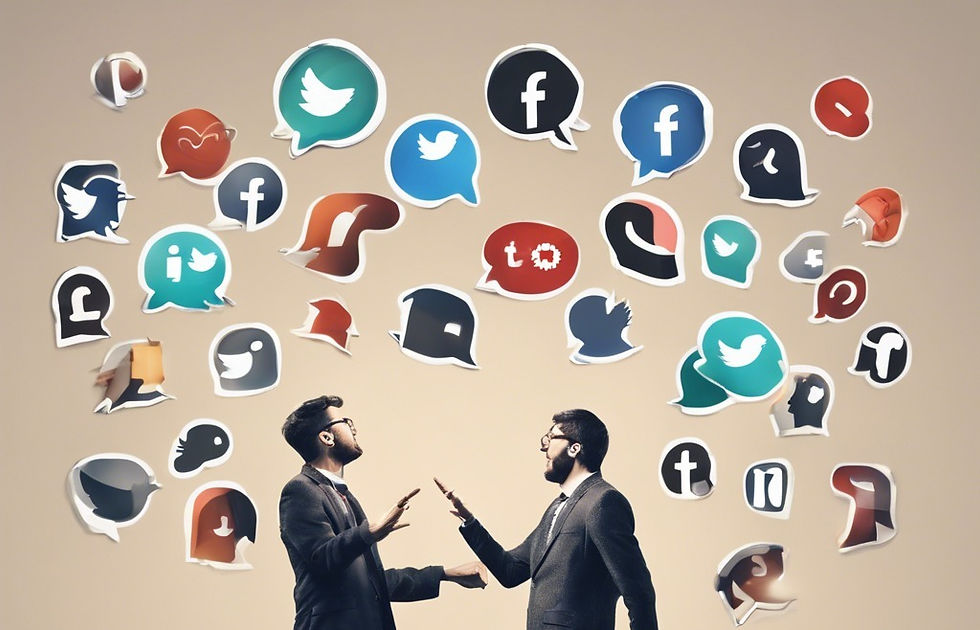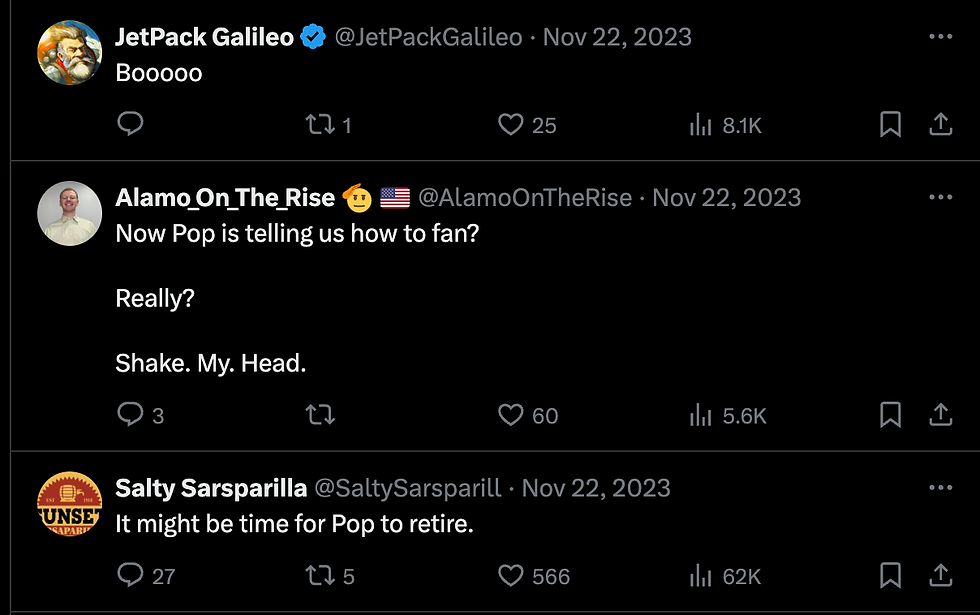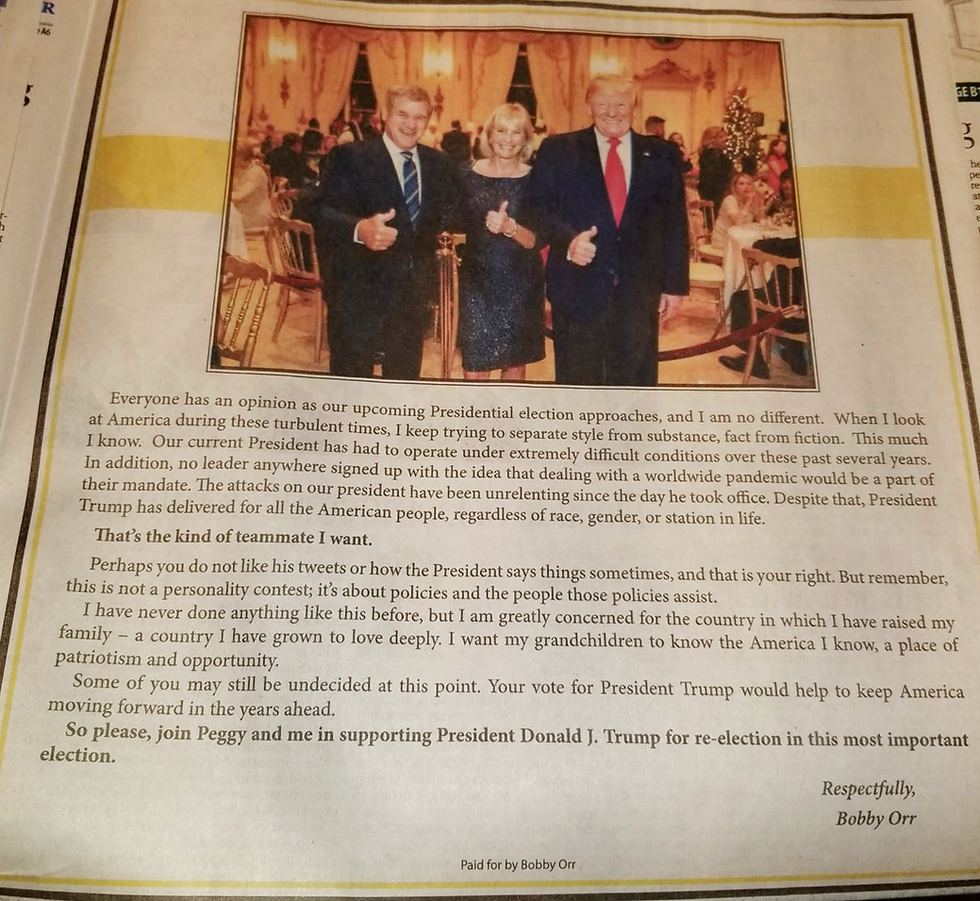The Elusive Myth of Healthy Competition
- Charlie Teljeur

- Apr 4, 2024
- 3 min read

Why do we play sports?
Moreso, what do we feel we get from them?
I’m not talking about the obvious physical benefits from actually playing the games, I’m referring to the other, seemingly important yet vague intangibles said to be derived from exposure to “healthy” competition.
The first question to answer is what exactly is “healthy competition”?
One definition I found is:
“...when the competition itself is not about the end result of winning, but gaining other things such as learning more about the subject under consideration.”
This aligns strongly with what most of us feel. That there are other important things to be learned from the competition itself, regardless of the game’s final result.
And would those things be? Camaraderie, team work, discipline, and most of all, the ability to lose with honour and win with grace.
The last bit is where the current paths diverge considerably. Winning and losing with dignity in today’s sports world is not only undervalued but it’s also actively ridiculed and scorned.
Winning ugly and losing badly is actually celebrated. Social media sensationalizes and revels in the ugliness.
I realize that much of social media craves shock value but the medium holds a lot of clout when it comes to the court of public opinion. People see high profile sports heroes act immaturely which gives them license to do the same whether it’s in little league baseball or beer league hockey. Brash is cool.

I don’t think we’ve actually gotten worse at winning or losing (compared to the past) but our admiration and glorification for undignified conduct certainly has.
On November 22nd 2023 in a game between the San Antonio Spurs and the LA Clippers, Spurs’ Coach Greg Popovich had grown so frustrated with the booing of former Spur Kawhi Leonard that Popovich grabbed the public address mic and chastised the hometown crowd for their behaviour.
“Can we stop all the booing and let these guys play?” he asked. “It’s got no class and it’s not who we are.”
Keep in mind that these fans were booing the same player who helped San Antonio win a championship in 2014.
While I felt a deep appreciation for what Popovich had tried to do, that feeling was soon overwhelmed by the reaction expressed by so many on the other side of the issue. Commenters were voicing everything from calling Pops an out of touch dinosaur, to an egotistical blowhard, to the argument that fans pay their money and therefore have every right to react however the hell they want to react.

Instead of respecting a man’s effort to restore some sanity into the fabricated world of professional sports, he was somehow being mercilessly chastised from doing the honourable thing.
This all boils down to people’s inability to put the benefits of healthy competition in their proper order. To understand - and reaffirm - that the actual winning and losing doesn’t really matter in the bigger picture. It’s about how we act, and react, when we win or lose.
Opponents of this sort of thinking will quickly equate devaluing a game’s result to the notion that everyone gets a prize, which is not what I’m saying. Winning is important, and the struggle to achieve something needs to be celebrated, but not at the expense of degrading the loser.
Sports are not a zero sum issue yet they become that when the only deciding factor is the score of the game. I win, you lose. Period.
Revelling in victory is only an enviable achievement if you give as much consideration to how you won. The final score is just one part of the big picture.
That was evident in one of the nicest sporting moments I ever witnessed, again in the NBA, and prophetically, also involving Kawhi Leonard, only this time he was playing for the Toronto Raptors.
Leonard hit a buzzer beater in Game 7 of the Eastern Conference Semi Finals to send the Philadelphia 76ers to a crushing defeat. While the stadium erupted and players and fans mobbed Leonard, the first thing Raptor center Marc Gasol did was console devastated 76er Joel Embiid. That was Gasol’s first - natural - reaction.

It’s not that he couldn’t appreciate the win, it’s just that, at the very same moment, he also understood the loss. One missed shot is all that stood between Gasol himself winning or losing.
In the end he won’t just remember that he won, he’ll also remember how he acted when he did, and that’s what healthy competition is all about.


Comments